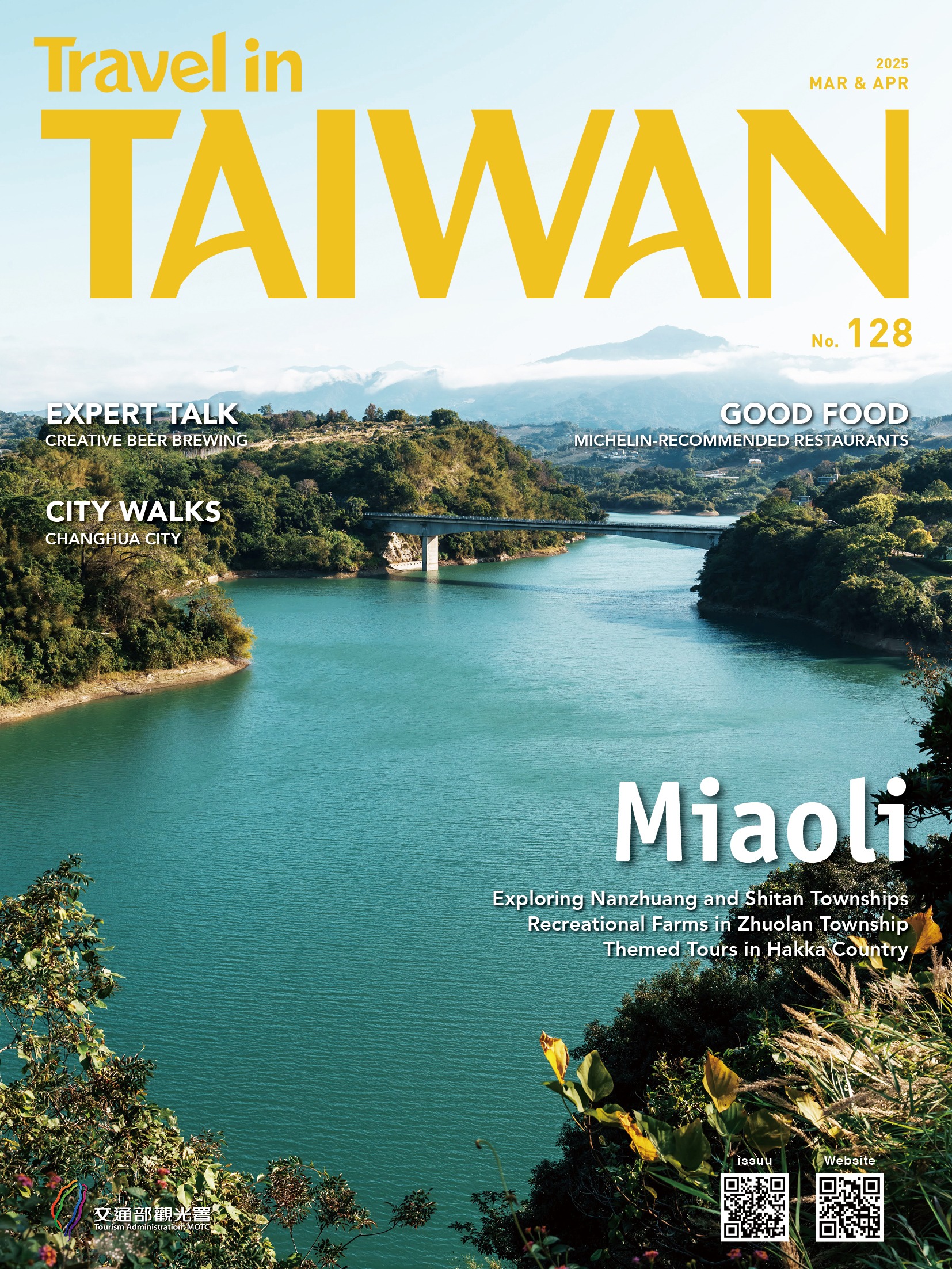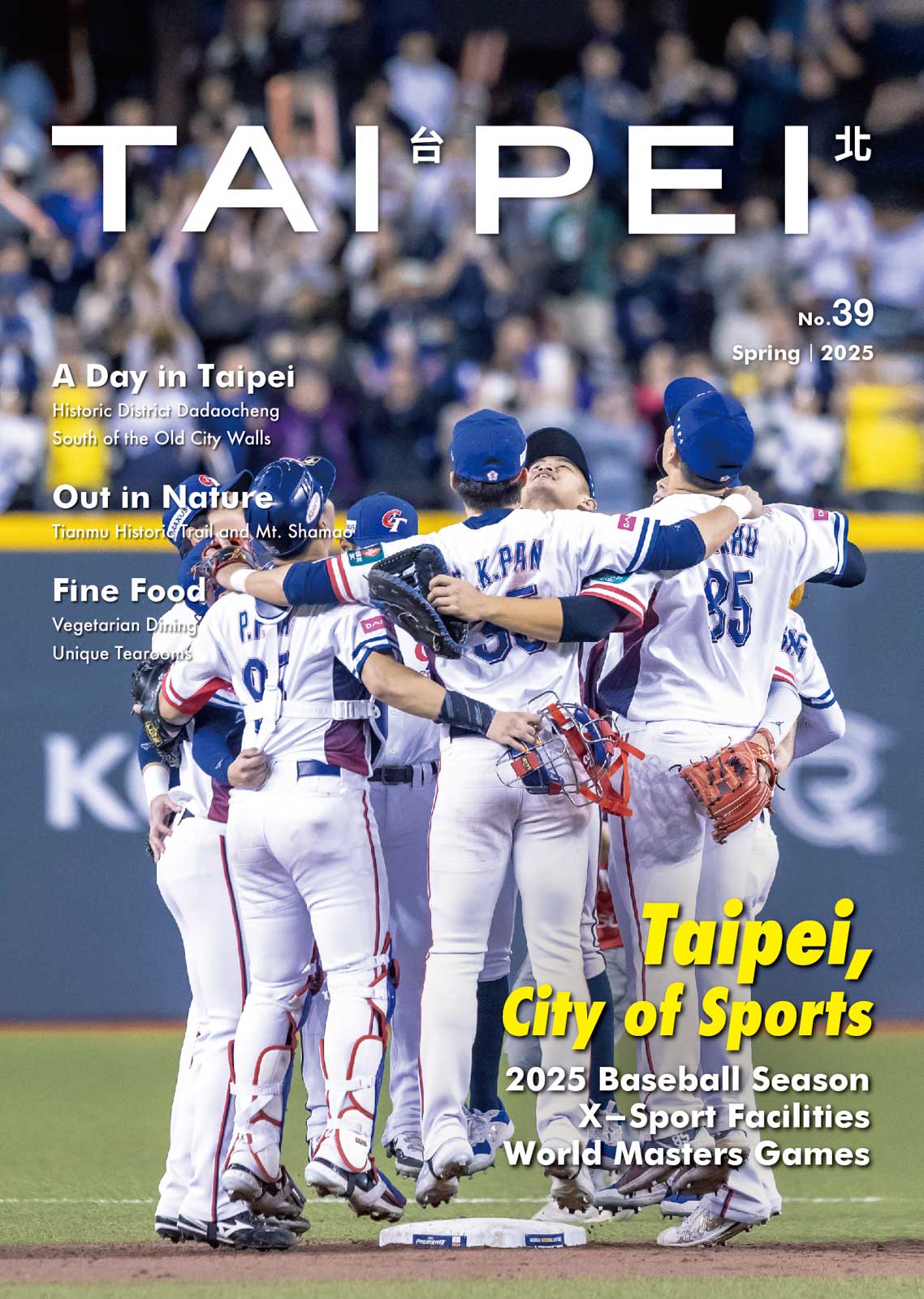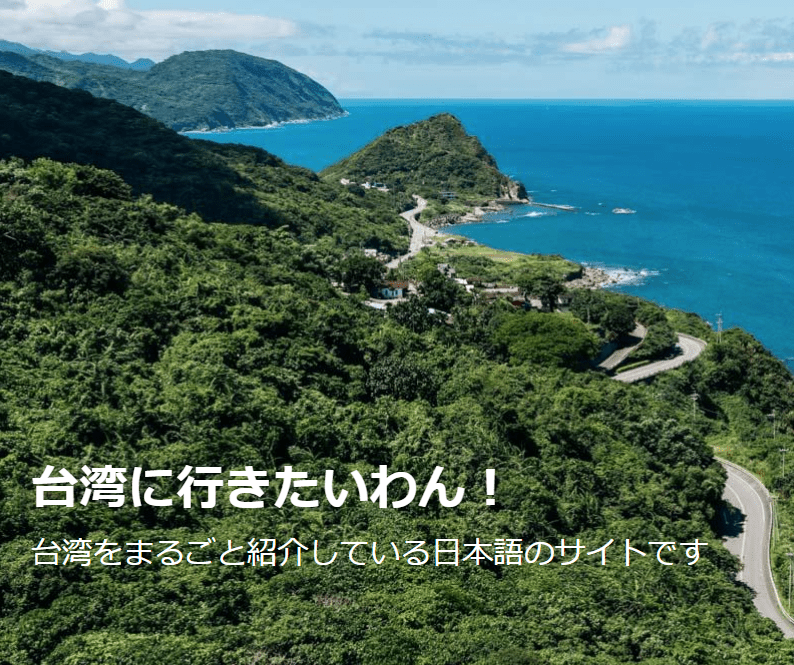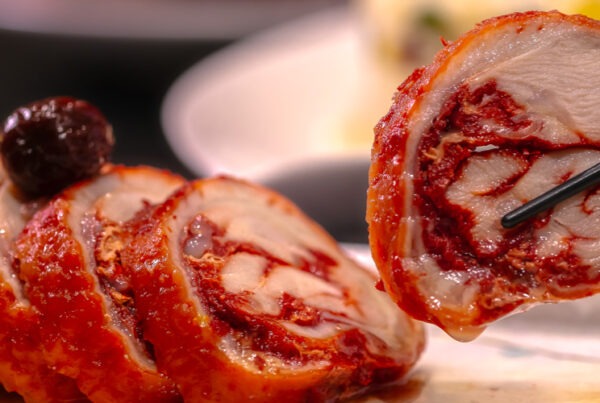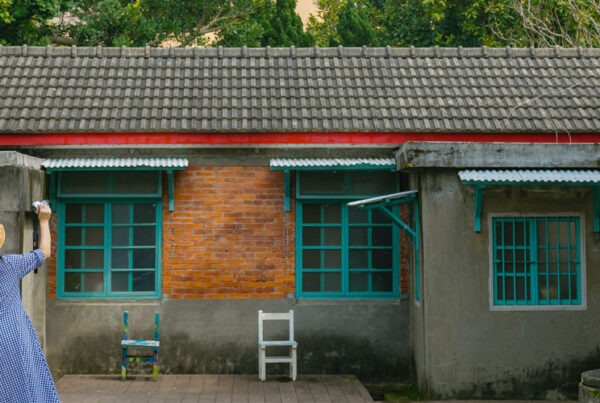Old Soapmaker Returns to Where It All Started
TEXT | OWAIN MCKIMM
PHOTOS | CHEN CHENG-KUO
On any given day, Dihua Street in Taipei’s Dadaocheng neighborhood is awash with aromas: the pungent odor of dried herbs on display outside the many Chinese medicine shops, the sweet buttery scent of traditional pastries hot from bakery ovens, the rich tang of offal misua served from a roadside stall, the earthy tones of oolong tea stored in towering barrels…. But around No. 190, a different fragrance rises above the rest – bright, heady, and rich with botanicals – the unmistakable scent of soap.
Dachun Soap
Stepping inside Dachun Soap’s flagship store, you would be forgiven for assuming the brand to be a relatively modern venture. The iron shelving, modern lighting, and stylish fixtures all speak to a contemporary industrial aesthetic. For the truly observant, however, signs of a deeper heritage can be discerned: The brand’s logo, for example – a line drawing of a smiling, moon-faced gentleman – has something charmingly old-fashioned about it, more reminiscent of early 20th-century stylings than anything dreamt up in recent decades. An antique pendulum clock in the corner, bearing the brand’s name in Chinese characters, hints, too, that the company’s roots go further back than one might first assume.

That clock, explains Dachun’s brand director Dawson Lee, is more than a decorative touch – it’s a symbol of legacy. “Half a century ago, my grandfather, Lee Shui-tu, would often gift clocks to his distributors as a thank-you,” Dawson says. When the company prepared to return to Dadaocheng in 2016 after a 40-year absence, the clock, by sheer coincidence, found its way back as well. During a rainstorm, Dawson’s eldest brother, now the company’s third-generation CEO, lost the keys to the new store and stopped by a local locksmith. “When he mentioned our company name, the locksmith, who happened to be a descendant of one of our old distributors, said that he still had one of our clocks in his home.” What better gift to welcome the brand back to the neighborhood in which it was born!
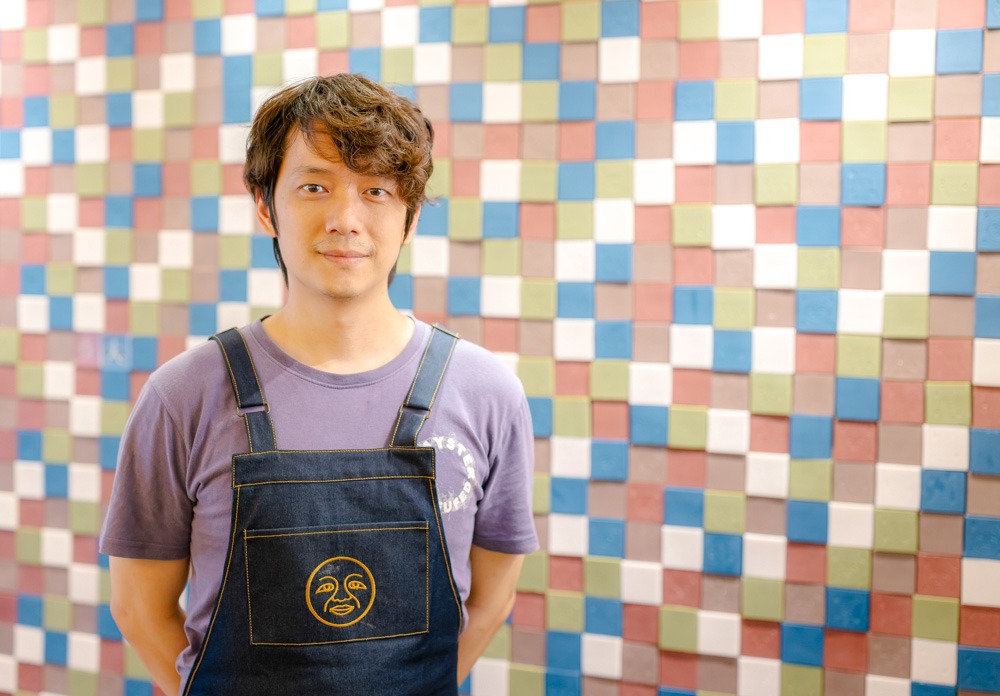
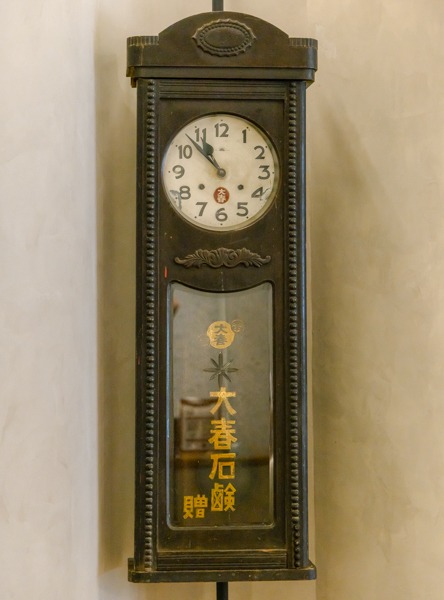
“Dachun was founded in Dadaocheng in 1923, during the period of Japanese colonial rule, by a Japanese entrepreneur named Junichi Inoue,” Dawson explains. “At the beginning, the company had five stakeholders – four Japanese and one Taiwanese: my grandfather.” Soap production was booming at the time, driven by the colonial government’s efforts to modernize hygiene practices across Taiwan, and by the 1930s, Dachun had become one of Taiwan’s leading soap makers. In 1934, Lee Shui-tu opened a general store on nearby Liangzhou Street, which sold many of Dachun’s soap products, further cementing the brand’s local reputation.

Following Japan’s exit from the island after its defeat in WWII, Lee Shui-tu acquired the company outright and continued operations. The brand flourished until the 1970s when, now under the stewardship of Dawson’s father, Lee Wei-xin, the company shifted focus to contract manufacturing, supplying soap to the hospitality industry. “My father had five kids to raise and needed the stability,” Dawson explains. “He didn’t have the resources to both keep the Dachun brand alive and manufacture soap for others. So he focused on the latter option, which he saw as the less risky of the two.” Operating under the manufacturer name Yanchun Biotech, the business was undoubtedly successful, and at one point, more than half the hotels in Taiwan used soaps manufactured in their factory in Taoyuan, southwest of Taipei.
By 2005, it was time for the third generation to take over. Dawson’s eldest brother, Lee Kuo-chen, returned from a life in the U.S. to take over the company from his father. After upgrading their production facilities, he turned his attention to reviving the Dachun brand – hopefully with the help of his siblings. For Dawson, the youngest, the idea struck a personal chord. “I grew up hearing stories about my grandfather’s business. And even though we hadn’t had a store in Dadaocheng for years, a lot of the older folks in the neighborhood” – the family home has always remained in the area – “still remembered our soap fondly. It felt like a shame to let that memory die.”

After a year of deliberation, Dawson quit his job as a mechanical engineer and joined the relaunch effort as Dachun’s brand manager, leaving his eldest brother free to take care of the contract manufacturing (still an important source of cash flow for the business). Indeed, having access to industrial-scale equipment is one of Dachun’s great advantages, allowing them to produce high-quality soaps with a shelf life of up to five years (more than double the typical lifespan of handmade soaps). To illustrate this, Dawson points to a striking display on the store’s back wall, an enormous multicolored checkerboard composed of 1,923 bars of soap – a tribute to the company’s founding year. “Being machine-made, our soaps are much more structurally stable compared with handmade soaps,” Dawson explains. “They won’t start to crumble or become oily after just a short time. The wall installation is our way of showing confidence in our product’s durability.”


Production of Dachun soap is achieved via a strict, internationally recognized six-step process: First, a soap base derived from plant oils is blended with various botanicals and fragrant essences. The mixture is then granulated and passed through a triple roller mill to form uniform soap flakes before being fed into a vacuum extruder to remove any excess moisture and air. The pressed soap is then cut into shape and, finally, stamped with the Dachun logo.
Though production may take place in a modern factory in Taoyuan, the influence of Dadaocheng is never far away. Ingredients inspired by the area’s history are used in several of Dachun’s soaps – these include rice (early in its history Dadaocheng’s fields were used for sun-drying rice grains), tea (a nod to the community’s history as a tea-exporting hub in the 19th century), and various medicinal herbs (an homage to the many TCM shops that now populate the quarter). The package designs, too, are steeped in local history, incorporating traditional tile patterns and prominent local landmarks (the box for their “Dracaena Facial Soap,” for example, features a stylized outline of the now-repurposed Ren-An Hospital, a historic Western-style medical center built in 1927).

As the company now confidently enters its second century, it does so with a renewed sense of purpose – not only as a maker of fine soaps but also as a celebrator of the past and a champion of place. With each lather, rinse, and soft release of scent, something of old Dadaocheng lives again.
Dachun Soap
大春煉皂
Tel: 0800-321-410
Add: No. 190, Sec. 1, Dihua St., Datong Dist., Taipei City
(台北市大同區迪化街一段190號)
Hours: Mon-Fri 9am-6pm, Sat-Sun 9am-7pm
Website: www.dachunsoap.com
FB: www.facebook.com/dachuns1923
IG: www.instagram.com/dachuns1923
About the author





